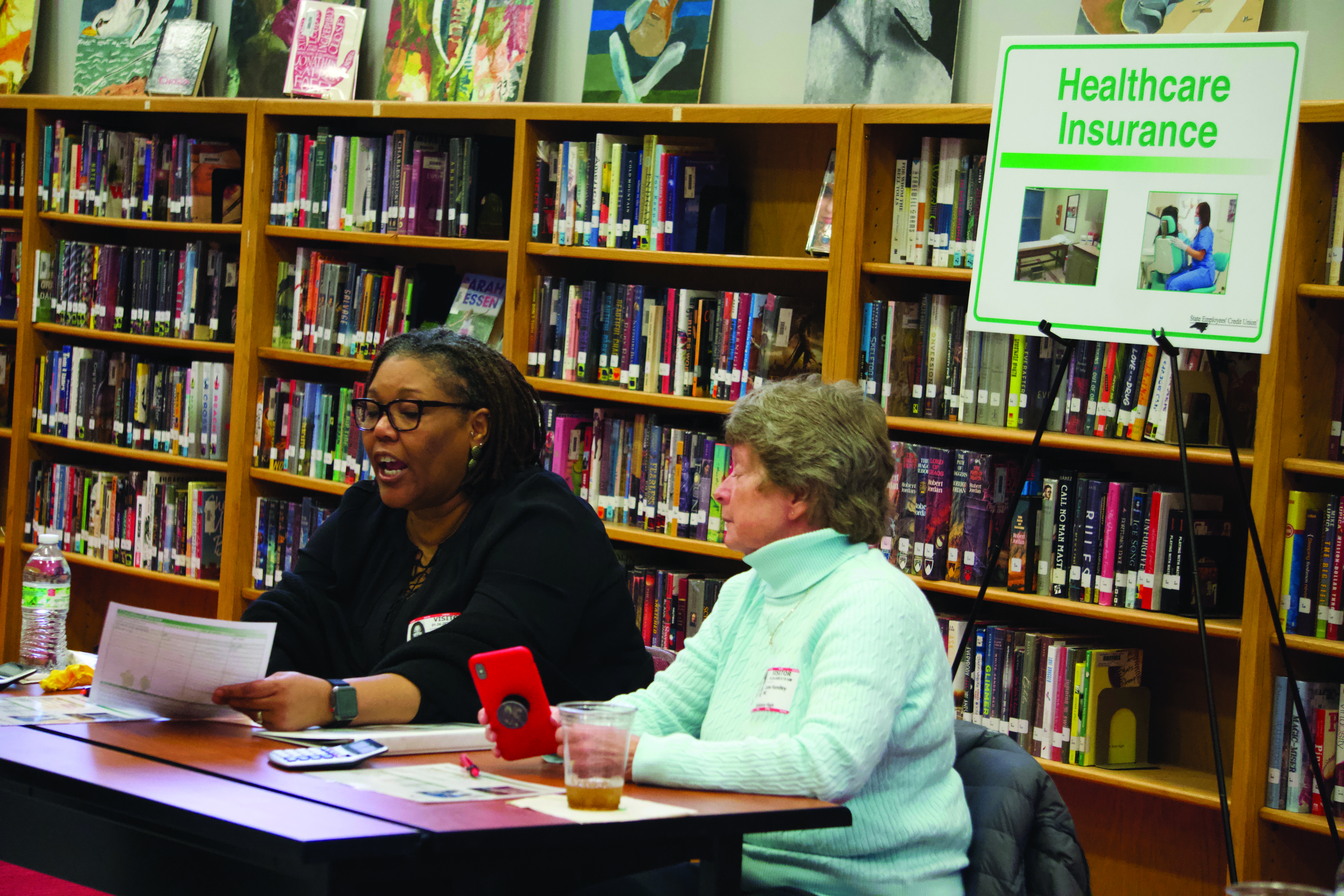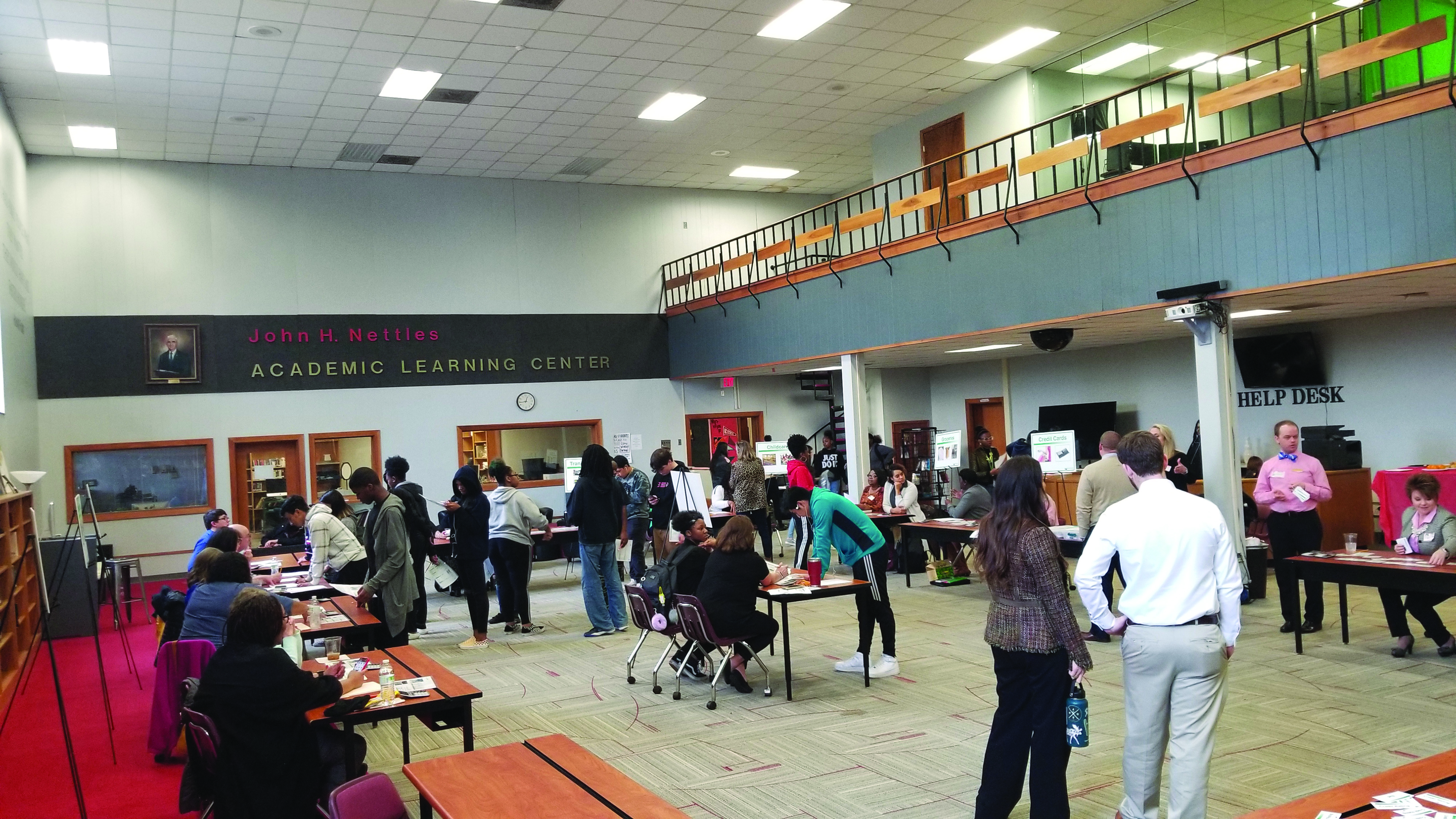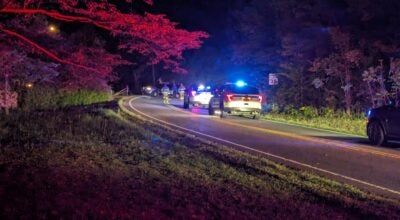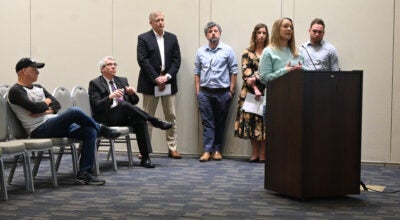The Reality of Money program comes to Salisbury High for first time
Published 12:00 am Saturday, January 25, 2020
By Carl Blankenship
carl.blankenship@salisburypost.com
SALISBURY — Financial literacy is seeping its way into public school curriculums and a program of State Employees Credit Union has been helping to bridge that gap.
The program, The Reality of Money, came to Salisbury High School for the first time on Friday and gave students a look at what it really means to manage your own finances: insurance, car payments, managing your credit, staying clothed, fed and housed. These are all things, for better or worse, that people have to think about when making ends meet. It’s not what your average high school student thinks about.
Students were each given a sheet showing them a fictional person and information that defines that person’s financial situation. They could be a single security guard with a high school education and bad credit, a pharmacist making six figures with good credit, a family or anything in between.
“It’s just to teach them about making smart choices,” SECU Financial Services Officer Branden Stout said.
Stout said the students understand when they see profiles of people who struggle, and that shows how difficult it can be to get by with little education. Even the students who get profiles of those with a lot of financial advantages can see trouble arise too from spending too much on luxuries like fancy cars, huge houses and designer clothes.
It takes about 45 minutes for a group of students to go through all the stations and figure out their budget.
“It’s important to lay that foundation at a young age so they can have a good life,” Stout said.
The stations where students can figure out their fantasy finances were manned by a mix of volunteers and SECU employees.
June Hundley, a retired math teacher who was manning the health insurance station, began volunteering when she was on the SECU’s board, which is also a volunteer position. While she was teaching, both at the high school and community college levels, she saw students who lacked basic financial literacy.
“It’s just a wonderful opportunity as a former educator,” Hundley said.
Audrey Wright, another volunteer and Hundley’s counterpart at the health insurance station, spent her career in social services.
“I try to volunteer at all the different schools wherever I can,” Wright said.
She saw issues with parents lacking financial literacy all the time while she was working, but she sees kids who can manage the money in the scenario, which was encouraging for her.
Junior Tylyric Smith’s profile was for a single paralegal with no kids. She had to get a second job to make ends meet and realized in the scenario she would need to cut back to avoid needing a second job. She wants to be a travel nurse.
Senior Jailene Crejo-Garcia’s profile was for a married pharmacist with twins and good credit. She pointed out that having a family made everything more expensive. At the end she decided she could have saved money by getting a used car instead of a brand new SUV. She wants to become a dentist.
“It made me realize how much we actually waste,” Crejo-Garcia said.







